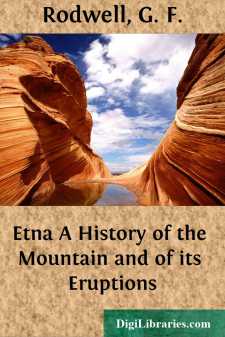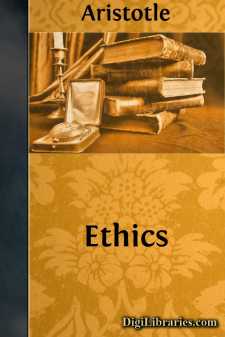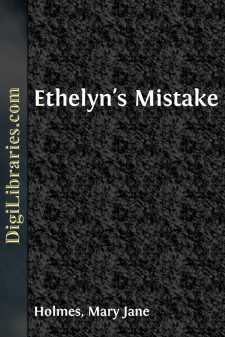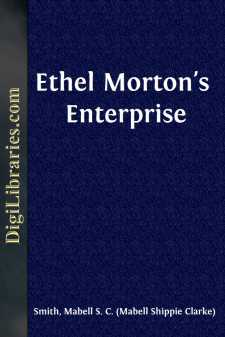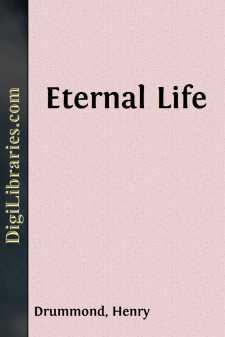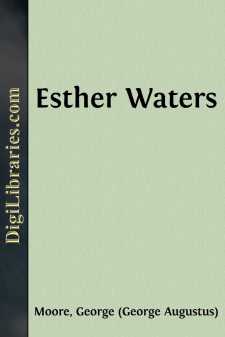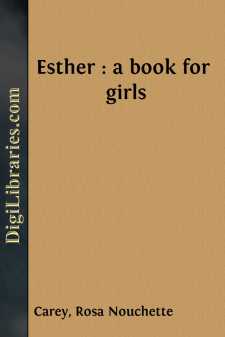Fiction
- Action & Adventure 180
- Biographical 15
- Christian 59
- Classics 6965
- Coming of Age 5
- Contemporary Women 3
- Erotica 8
- Espionage/Intrigue 12
- Fairy Tales, Folklore & Mythology 236
- Family Life 169
- Fantasy 117
- Gay 1
- General 596
- Ghost 32
- Historical 808
- Horror 43
- Humorous 160
- Jewish 25
- Legal 4
- Medical 22
- Mystery & Detective 315
- Political 49
- Psychological 41
- Religious 64
- Romance 159
- Sagas 11
- Science Fiction 730
- Sea Stories 113
- Short Stories (single author) 537
- Sports 10
- Suspense 1
- Technological 8
- Thrillers 2
- Urban Life 31
- Visionary & Metaphysical 1
- War & Military 173
- Westerns 199
Fiction Books
Sort by:
by:
G. F. Rodwell
CHAPTER I. The principal mountain chain of Sicily skirts the North and a portion of the North-eastern coast, and would appear to be a prolongation of the Apennines. An inferior group passes through the centre of the island, diverging towards the South, as it approaches the East coast. Between the two ranges, and completely separated from them by the valleys of the Alcantara and the Simeto, stands the...
more...
by:
Aristotle
INTRODUCTION The Ethics of Aristotle is one half of a single treatise of which his Politics is the other half. Both deal with one and the same subject. This subject is what Aristotle calls in one place the "philosophy of human affairs;" but more frequently Political or Social Science. In the two works taken together we have their author's whole theory of human conduct or practical...
more...
by:
Mary Jane Holmes
CHAPTER I ETHELYN There was a sweet odor of clover blossoms in the early morning air, and the dew stood in great drops upon the summer flowers, and dropped from the foliage of the elm trees which skirted the village common. There was a cloud of mist upon the meadows, and the windings of the river could be distinctly traced by the white fog which curled above it. But the fog and the mists were rolling...
more...
CHAPTER I HOW IT STARTEDEthel Morton, called from the color of her eyes Ethel "Blue" to distinguish her from her cousin, also Ethel Morton, whose brown eyes gave her the nickname of Ethel "Brown," was looking out of the window at the big, damp flakes of snow that whirled down as if in a hurry to cover the dull January earth with a gay white carpet. "The giants are surely having a...
more...
by:
Edith Wharton
I The village lay under two feet of snow, with drifts at the windy corners. In a sky of iron the points of the Dipper hung like icicles and Orion flashed his cold fires. The moon had set, but the night was so transparent that the white house-fronts between the elms looked gray against the snow, clumps of bushes made black stains on it, and the basement windows of the church sent shafts of yellow light...
more...
by:
Henry Drummond
ETERNAL LIFE. "This is Life Eternal—that they might know Thee, the True God, and Jesus Christ whom Thou has sent."—Jesus Christ. "Perfect correspondence would be perfect life. Were there no changes in the environment but such as the organism had adapted changes to meet, and were it never to fail in the efficiency with which it met them, there would be eternal existence and eternal...
more...
I She stood on the platform watching the receding train. A few bushes hid the curve of the line; the white vapour rose above them, evaporating in the pale evening. A moment more and the last carriage would pass out of sight. The white gates swung forward slowly and closed over the line. An oblong box painted reddish brown and tied with a rough rope lay on the seat beside her. The movement of her back...
more...
CHAPTER I. THE LAST DAY AT REDMAYNE HOUSE. What trifles vex one! I was always sorry that my name was Esther; not that I found fault with the name itself, but it was too grave, too full of meaning for such an insignificant person. Some one who was learned in such matters—I think it was Allan—told me once that it meant a star, or good fortune. It may be so, but the real meaning lay for me in the...
more...
by:
Henry Adams
Chapter I The new church of St. John's, on Fifth Avenue, was thronged the morning of the last Sunday of October, in the year 1880. Sitting in the gallery, beneath the unfinished frescoes, and looking down the nave, one caught an effect of autumn gardens, a suggestion of chrysanthemums and geraniums, or of October woods, dashed with scarlet oaks and yellow maples. As a display of austerity the show...
more...
by:
Pansy
CHAPTER I. "IT MAY BE THAT SHE IS WORKING STILL." It was raining drearily, and but few people were abroad—that is, few, comparatively speaking, though the streets seemed full of hurrying, dripping mortals. In the large dry-goods store business was by no means so brisk as on sunny days, and one of the younger clerks, whose station was near a window looking out upon the thoroughfare, had time...
more...


